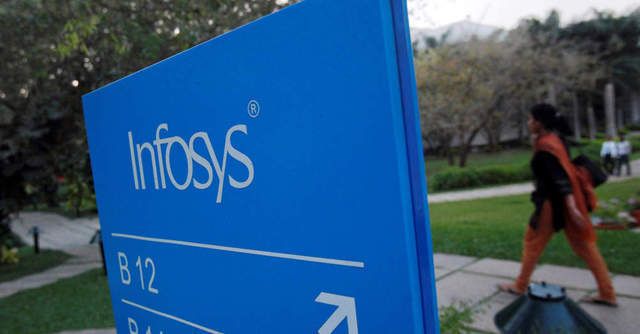
With no takers, Infosys takes Panaya and Skava off the market


Infosys has taken subsidiaries Panaya and Skava off the market after being unable to find buyers for the assets, according to a disclosure in the annual report for the financial year 2019-20.
"Based on the evaluation of proposals received and progress of negotiations with the buyers, the company concluded that the disposal group did not meet the criteria for 'Held for Sale' and accordingly, assets and liabilities of Panaya and Skava have been included on a line-by-line basis in the consolidated financial statements as at March 31, 2019," the company said in its annual report.
The Bengaluru based information technology (IT) services firm made multiple attempts to sell the two assets and even reduced the value of the two subsidiaries during the last two years. The firm took a cumulative write off of Rs 850 crore to enable the respective sales but has now reclassified and merged the assets with itself, which is why the current separate valuation cannot be assessed.

Infosys acquired automation technology provider Panaya for $200 million in 2015. The same year, it bought Skava, which provides digital experience solutions for the retail industry, for $120 million.
During the year ended March 31, 2018, Infosys’ wholly-owned subsidiary Panaya was up for sale, resulting in a reduction of fair value with respect to Panaya amounting to Rs 118 crore (then $18 million). Again, during the year ended March 31, 2019, a further reduction of Rs 270 crore (then $39 million) was recorded with respect to Panaya.
For Skava, “the non-current assets 'held for sale' and discontinued operations, on reclassification, the company recorded an adjustment of Rs 451 crore (US$65 million) in respect of Skava on account of adjustment in respect of excess of carrying value over recoverable amount. Infosys acquired Skava for $120 million,” Infosys said.

During the last annual general meeting, Infosys had said that it was looking to reinvest into Panaya and Skava as well as sell the products of those two companies to its customers.
The two acquisitions are a legacy from former CEO Vishal Sikka’s tenure. Since then, the company has reverted to a back-to-basics strategy under current managing director and CEO Salil Parekh.
Meanwhile, co-founder and chairman Nandan Nilekani said that the real test of Infosys’ ability to grow in the Covid-19 pandemic hit world will come in the following months. The company will have to find ways to understand and respond to the gradually evolving dynamics of the new normal.

"Technology will prove an ally here. Building systems and operating models at enterprise-scale is an exercise in factoring scale intrinsically into the design of solutions. That is the thinking that guides us as we navigate our clients to respond intuitively to opportunities, and help build value chains that are both efficient and robust to deal with unexpected challenges," Nilekani said in the annual report.
The post cloud era, characterized by increasingly intelligent, autonomous and self-healing digital infrastructure, is bringing the IT industry the opportunity to do much more, he added.
The country's second-largest software exporter said that it has shifted its attention to the new needs of its clients including in the cloud, workplace transformation, cost efficiency and automation.

"We see our pipeline expanding in these areas. We also see stability and expansion in our work in the global telecommunications, high technology, and life sciences industries. In many ways, the recent crisis has accelerated our clients’ move along the direction of digital and especially related to cloud activities," he said.
Parekh added that Infosys has launched a programme to be more conscious of its costs and maintain a strong focus on conserving cash. He added that customers are looking at consolidating the IT vendors giving more of the work to Infosys.
Infosys said that it was monitoring the evolution of the market and client activity and the reopening of several European countries and US states have been encouraging, it said.

The company has flagged that the Covid-19 crisis could have a significant impact on the revenue and profit as the economic slowdown has affected its customers, which may result in postponement, termination or suspension of some ongoing projects.
Analysts tracking the sector said the Indian IT services firms are looking at a washout year, with the industry expected to see a decline in revenue for the first time in 40 years.
